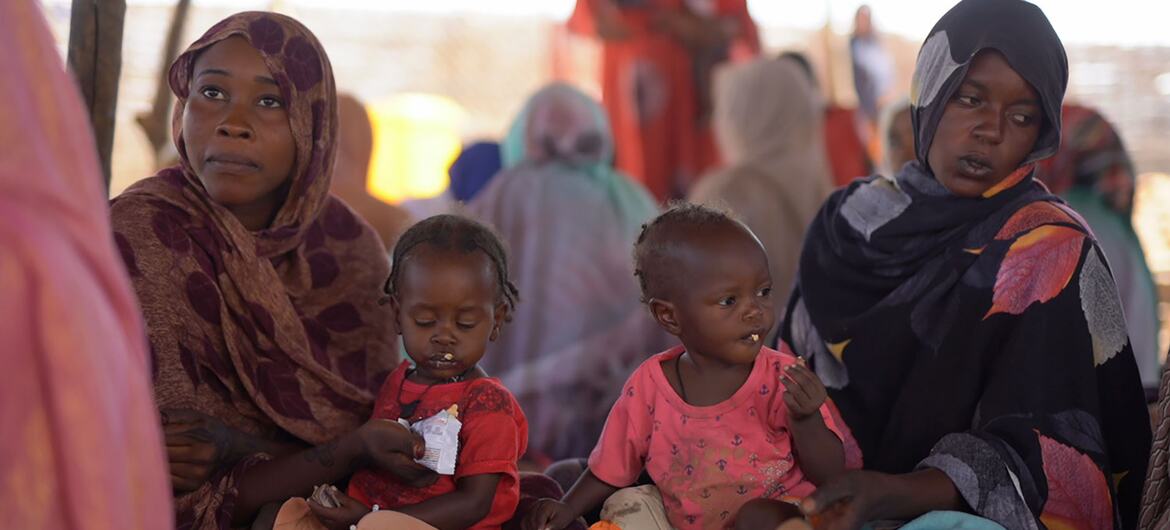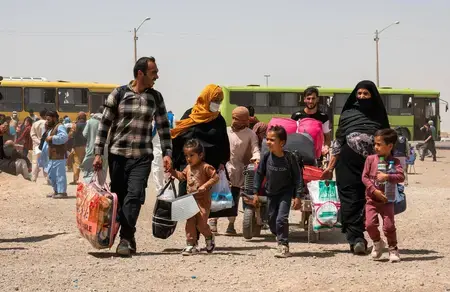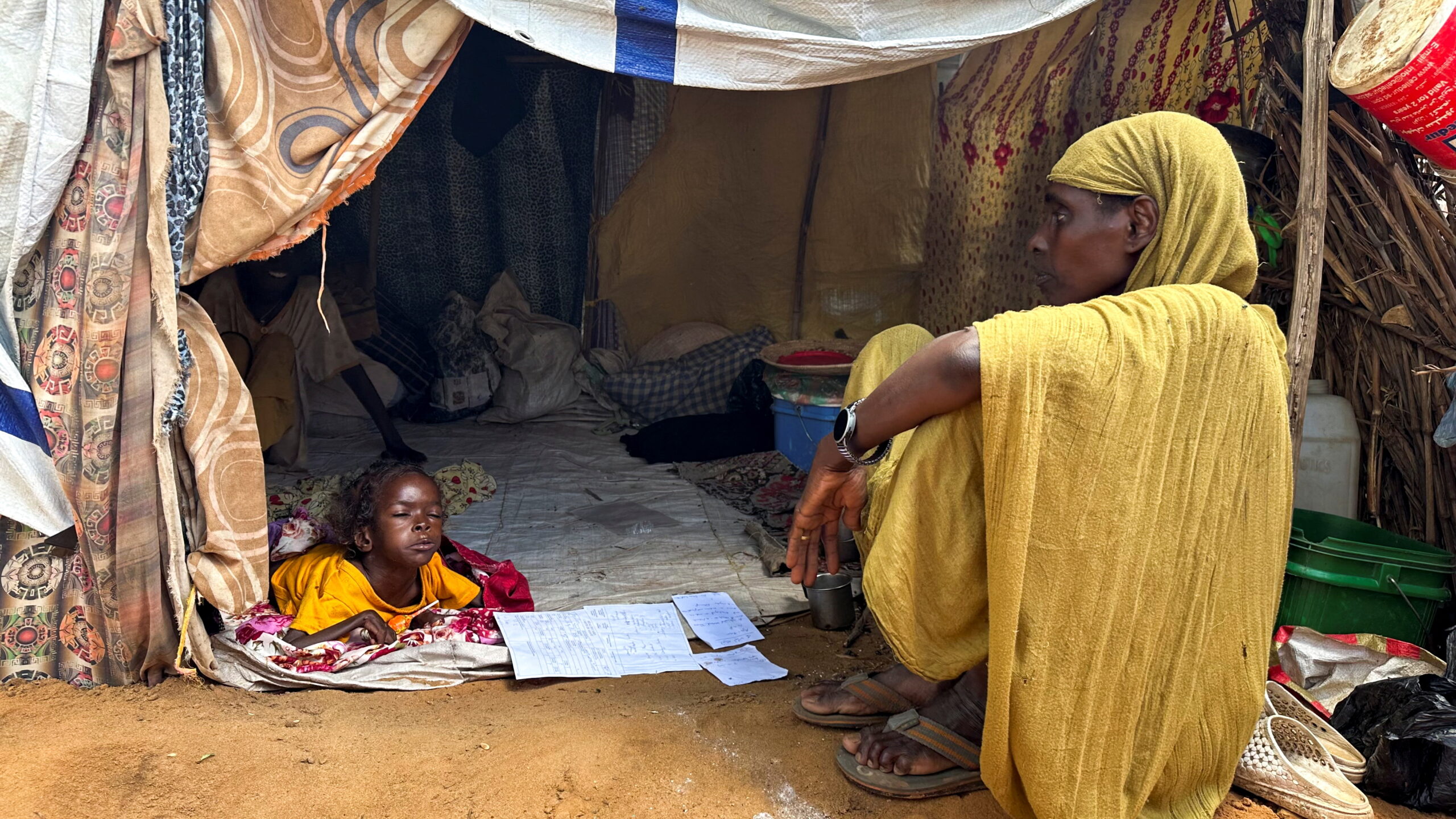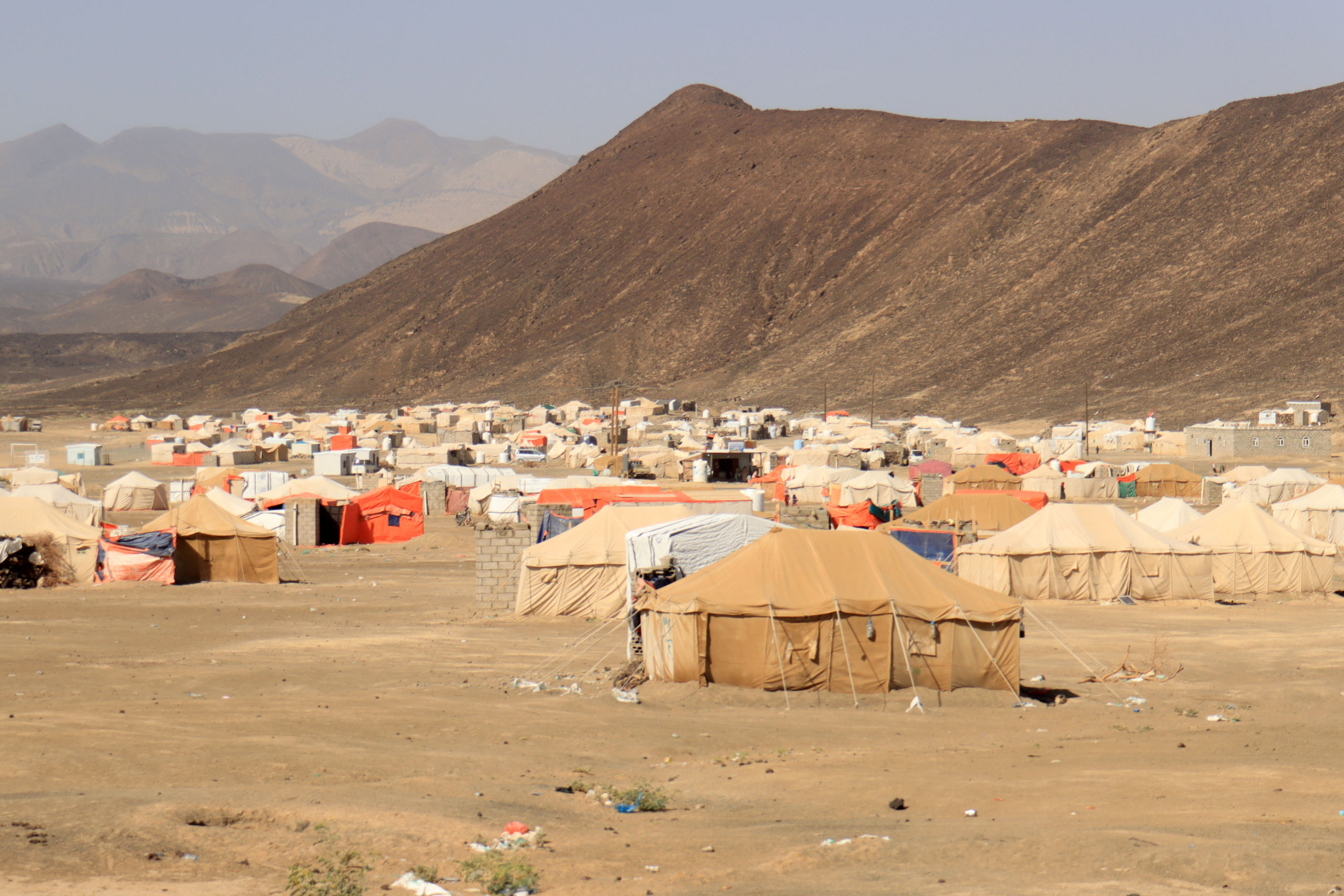The Growing Hunger Crisis in Germany
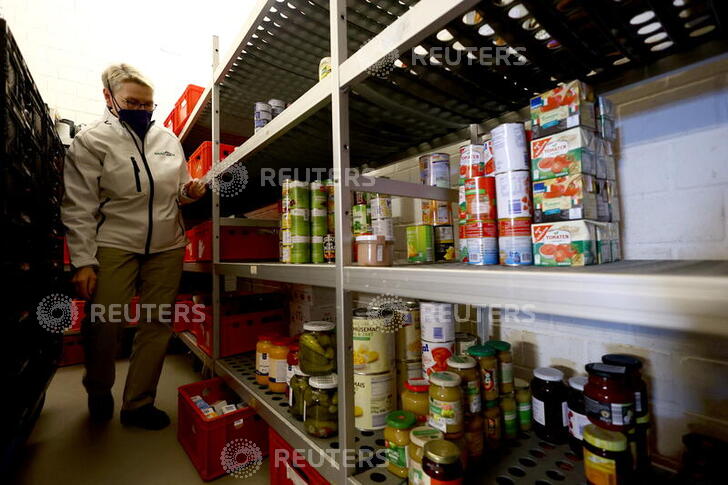
Archive/Reuters.
Charitable organizations across Germany are sounding the alarm as food banks struggle to meet the surging demand for assistance. These vital institutions, which have long been a lifeline for vulnerable populations, are now having to ration the amount of food they distribute to those in need. The situation is dire, with reports indicating that the number of people relying on food banks has soared by a staggering 50 percent since the outbreak of the war in Ukraine.
In a country known for its economic stability, this increase in food insecurity is a stark reminder of the widespread impact of global crises. The war in Ukraine has disrupted supply chains, driving up food prices and contributing to rising inflation. For many Germans, especially those already living on low incomes, these changes have made it increasingly difficult to afford basic necessities.
In response to this mounting crisis, Chancellor Olaf Scholz has proposed reducing the value-added tax (VAT) on essential food items as a means of easing the burden on low-income households. This tax cut, he argues, would provide immediate relief to those struggling to make ends meet. However, while such a measure may offer temporary financial relief, aid organizations warn that it is not enough to address the root causes of the deepening food insecurity in the country.
Charities, including major food banks and welfare organizations, have pointed out that the growing demand for their services is far outstripping the available resources. As they ration their supplies, these agencies are also finding it increasingly difficult to secure enough donations and government support to meet the needs of their communities. Many food banks have already reached their capacity, struggling to provide for individuals and families who are grappling with rising living costs and diminished purchasing power.
The surge in demand for food aid is not just a consequence of rising food prices. It also reflects broader socioeconomic issues, including wage stagnation, growing inequality, and a lack of affordable housing, which have left many people teetering on the brink of poverty. The war in Ukraine, while exacerbating these issues, is only the latest in a series of shocks that have further strained an already fragile social safety net.
Despite Chancellor Scholz’s proposal, aid groups argue that the government must do more than just tweak the tax system. They call for comprehensive reforms that address the underlying causes of poverty and hunger. This includes investing in social programs that provide long-term support to low-income families, increasing wages to keep pace with inflation, and ensuring access to affordable housing and healthcare. Without these systemic changes, the reliance on food banks will only continue to grow, and more and more people will find themselves at risk of falling through the cracks.
As the crisis deepens, the question remains: What will it take for the government to take bold and decisive action? While temporary measures like tax cuts may offer some respite, they fail to tackle the larger issues at play. The government must move beyond short-term solutions and commit to long-term strategies that ensure all Germans, regardless of their income, have access to the food, shelter, and resources they need to thrive.
The situation is urgent, and the need for change has never been clearer. As food banks continue to ration their resources, charities and aid organizations are calling on both the public and the government to step up and take meaningful action to combat the growing hunger crisis. The time for piecemeal measures has passed; it is now time for a comprehensive approach that addresses the root causes of poverty and food insecurity in Germany.
Agencies.
- Most Viewed
- Most Popular


